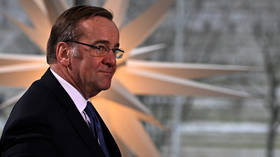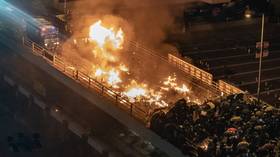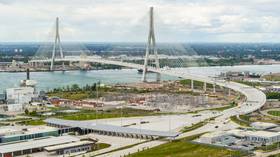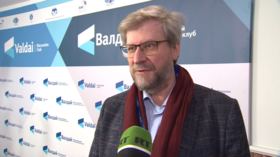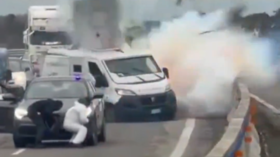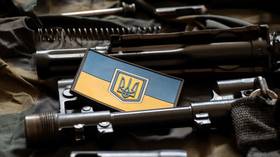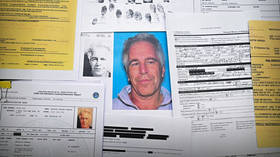No direct threat from Russia – NATO
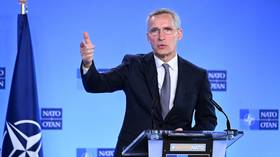
NATO sees no threat from Russia toward any of its members, the US-led bloc’s Secretary General Jens Stoltenberg told reporters on Tuesday during a press conference in Brussels. His comments come as several countries, including Germany and the Baltic states, have raised concerns of a potential future Russian attack.
Answering questions from journalists following the signing of major new investments in artillery ammunition productions, Stoltenberg stated that, “We don’t see any direct or imminent threat against any NATO ally.”
At the same time, he stressed that the bloc nevertheless “closely monitors what Russia does” and has increased its “vigilance and presence in the eastern part of the alliance,” in order to prevent any attacks on allied nations.
Meanwhile, German news outlets have reported in recent weeks that Berlin was preparing for a scenario in which Russia launches an “open attack” on NATO as early as the summer of 2025 after securing a major victory in Ukraine.
German Defense Minister Boris Pistorius also warned on Monday that his country should be ready to respond to a possible Russian attack even though there is no real threat as of now.
“Deterrence is the only effective means of positioning oneself against an aggressor from the outset,” Pistorius told ZDF, calling on Germany and its NATO allies to commit to strengthening their military capabilities.
Similar concerns have been voiced by other NATO members, such as Estonia, whose Prime Minister Kaja Kallas suggested last week that the bloc has three to five years to prepare for a possible direct confrontation with Russia.
Moscow has dismissed any claims that it intends to attack any NATO members as “complete nonsense,” with President Vladimir Putin arguing that Russia has “no geopolitical, economic … or military interest” in doing so.
At the same time, the Kremlin has for decades voiced concerns that it was the US and its NATO allies’ continuous expansion to the east that posed an existential threat to Russia. Moscow has cited this expansion, which it believes threatens its national security, as well as the refusal to rule out Ukrainian NATO membership in the future, as some of the key reasons for launching its offensive against Kiev in February 2022.
